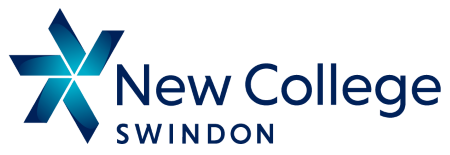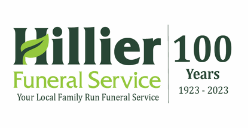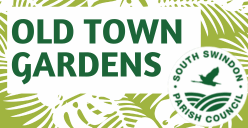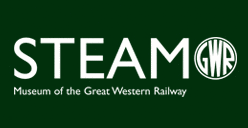Lecturer Visits Israel for Holocaust Educational Trust Teacher Conference
New College Sociology and Citizenship Lecturer, Mark Owen, travelled to Israel in August this year, to participate in a ten-day teacher conference organised by the Holocaust Educational Trust (H.E.T) and Yad Vashem in Israel.
Mark has always had an interest in the Holocaust. He initially started to learn about the major 20th century event in school lessons and then started to develop his interest further through A Level and undergraduate study and has recently been accepted onto a Masters at Royal Holloway University, to read ‘Holocaust Studies’ to further his understanding.
Educational excursions to places of historical interest such as Poland, Romania and Budapest, has developed Mark’s understanding of the Holocaust further. He carried this approach to learning into his teaching at New College. With the Humanities department, he has taken groups of students over to Poland to learn more about Polish Jewry and to visit the extermination camps and has arranged an additional trip to Krakow for students for this academic year.
Through recommendations, Mark applied for the teacher conference, which is usually reserved for teachers who have already worked alongside H.E.T or have previously participated in their conferences or educational trips.
Mark said: “I was ecstatic when I received my email to congratulate me on my application and to confirm my place, I knew this was going to be an opportunity to not only improve my knowledge, but to also improve my teaching. After weeks of waiting, I attended a one-day conference in London, organised by the coordinators who took us out to Israel. This was so much more than a brief introductory session, a light lunch and, a chat; rather it was an intense 8-hour day of lectures and seminars, which aimed to provide the context and grounding for our visit.”
A range of highly experienced academics were all based at Yad Vashem. These included Yehuda Baer, a 93-year academic, who gave a lecture on the uniqueness of the Holocaust from other genocides, the role of the UN in current conflict situations, ways to appropriately define the Holocaust and anti-Semitism and whether such an event could happen again. Mark explained that one of the most difficult areas to learn about was the role of the everyday non-persecuted citizen during the Holocaust. Mark explained: “I found this to be a real challenge, in that everyday citizens became involved during the round-ups and persecution; actions of brutality were simply not just carried out by official Nazi party members, but by previous friends, work colleagues and class mates.”
Mark said: “Much of the historical knowledge that I took away, will be used to develop my understanding, which will in turn support my students when we discuss the nature of state crimes and how these could be carried out. I also feel that we could be doing more; as educators, as leaders or just as staff within an educational context. We are all tasked with informing the next generation with providing them with the correct tools and knowledge to actively dismantle hate. Only through working together, as a collective organisation, will we be able to establish a fully meaningful anti-discrimination and pro-equality rhetoric. By this, I mean a culture, which fosters inclusion and challenges exclusion at every level. I believe that on the vast scale, we do this really well, but I feel that there are a number of ways in which we can develop this, which doesn’t have to be strenuous or time consuming.”
Mark’s suggestions include educating students on what is meant by discrimination and how it looks and have more of a focus on individual people and case studies. He believes that by applying this to victims of discrimination in contemporary society, students can learn more about who these victims are/were, what they did, what they were and what they were great at.
Mark said: “I think that one of the most important lessons, which I took away from my time at Yad Vashem is that Holocaust education and any form of anti-discrimination promotion must be meaningful and rammed with substance – not just something which gives a specific appearance. I feel that my understanding of effective Holocaust education has drastically improved due to my experiences at Yad Vashem. I am hoping to attend further educational excursions with H.E.T over the coming years and aim to include my experiences not only in my teaching, but on a more College-wide front.”






















